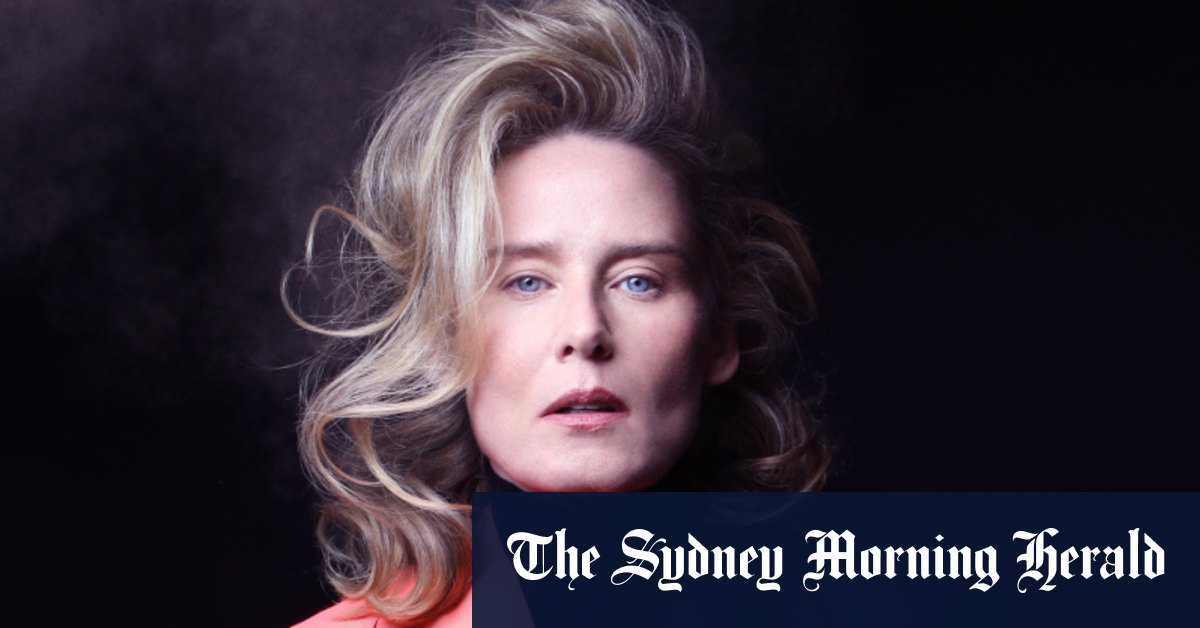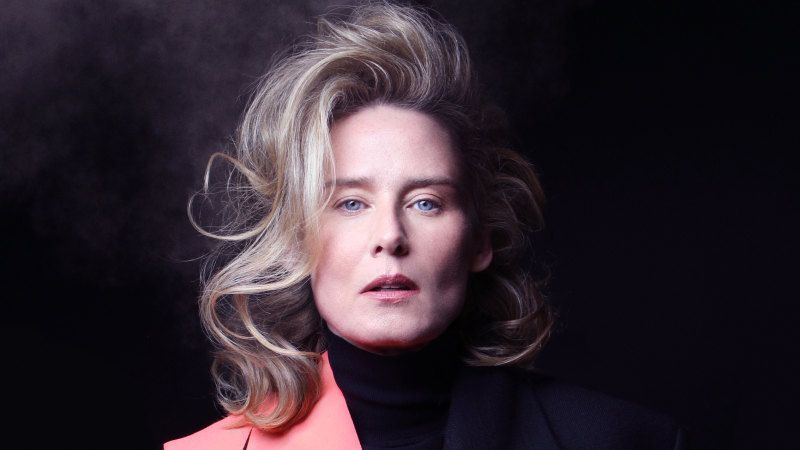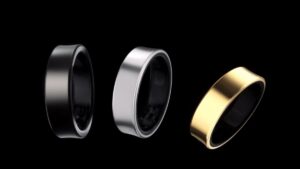

Róisín Murphy is speaking to me over Zoom from Ibiza, the Balearic island she and her family have called home since the second coronavirus lockdown of 2020 in Britain. Her parents had already owned the house for 30 years before they moved into it. There’s no way they’d have been able to afford it otherwise, Murphy says.
The Irish-born singer has a long history with the island, having been half responsible for a few Ibiza anthems around the turn of the millennium, when she performed with Mark Brydon as the disco house duo Moloko. Since 2005, however, she’s been walking her own path as a solo artist, teaming up with a stream of idiosyncratic producers (Matthew Herbert, Maurice Fulton, Richard Barratt, aka DJ Parrot, and more) to create a catalogue of weird and wonderful dance-pop albums.
Hit Parade, released in 2023, has been heralded as the best of her long and critically acclaimed career. She paired up with the oddball German electronic music producer DJ Koze to make the album, sending music and vocals back and forth over a six-year period that included the pandemic.
“Apart from singing and writing songs, my talent is being able to work with people like that,” says Murphy of Koze and her previous collaborators. “To allow them to lead and to not freak out because you cannot imagine how these people work until you work with them, and it’s never as you think: it’s always more complex.”
It’s surprising to hear that the notoriously fierce Murphy takes a back seat during the production process, but she’s learnt that letting mavericks follow their vision yields the best results. “I know it’s very important to let them teach me things I didn’t know, and for the music to be the area in which I remain the most open-minded and the most naive because that’s how it started for me,” she says.
How it started for Murphy, famously, was when she met Brydon at 21 at a party and cheekily asked him, “Do you like my tight sweater?” Brydon clocked Murphy’s frontwoman energy immediately and the pickup line would eventually become the name of their first album as Moloko.
“I had no idea that it would turn into much other than him showing off his studio to me, but it became something even more amazing than a love affair,” she says. “He really believed in me before I even knew what was happening, and that was a magical thing to happen to me.”
Brydon might have coaxed the artist out of Murphy, but she admits to being an exhibitionist since childhood, when her Uncle Jim, a well-known musician, would host jazz parties. “I’d be there every Sunday, dancing from the minute I got there until I’d be dragged out screaming,” she says.
Murphy insists that her late father, who refurbished pubs around Ireland, is more of a legend than she is back home (she founded her own record label called Mickey Murphy’s Daughter in 2009). Her mother was an antiques dealer who instilled in Murphy a love of fashion and taught her about period costumes from various eras.
“There were a lot of great characters around me,” says Murphy, who credits her raucous, free-spirited childhood with leading her on a path of creative expression. “Dancing to my Uncle Jim became dancing to the DJs in Sheffield, and it was that scene that brought me into the music scene,” she says.
‘I always feel like I have to be out on the edge … Maybe that’s the only way I know how to do it.’
While Murphy is happy to be led musically by the producers she works with, she does like to oversee the visual aspect of her work, from her choreography to the costumes that have become increasingly avant-garde over the years. On the first day of a tour, she’ll try to whittle down the options with her wardrobe assistant and roadie Simon. “He’s strong and reliable, and he’s not fancy at all, but he’s ready,” Murphy says. “And I turn up with seven suitcases, and he’s waiting for me to start pulling things out and trying them on.”
When playing a particularly big show such as her 2023 concert at London’s Royal Albert Hall, Murphy might plan out her set more carefully, but she generally thrives on a fluid approach to performance centred on her fabulous, theatrical dance moves and myriad costume changes. “There’s a tightrope element, I don’t really know exactly what’s going to happen or how it’s going to evolve,” she says. “But by the time I’m comfortable with something, it gets boring to me, and it’s time to throw me back into another state of chaos and disarray and then figure it out again.”
After a decade as a club darling with Moloko, and a run of moderately successful solo albums, Murphy has been on another upwards trajectory since releasing a string of infectious house EPs with producer Maurice Fulton in 2018. Despite this recent spike in her popularity, Murphy says she’s never felt successful and isn’t sure if that’s been by her own design.
“The energy that gave me this career in the first place was really open-minded and based on my love of music and art and creativity and taking chances and being ballsy and allowing things to happen through the way that I live, rather than having some big dream that I want to be a star,” she says. “I always feel like I sort of have to be out on the edge to remain where I started, and maybe that’s the only way I know how to do it.”
Murphy got closer to the edge than ever last year, when comments she made about trans kids and puberty blockers on her personal Facebook account caused ire among her audience, which includes a large LGBTQ contingent, and severely blighted what should have been the triumphant release of Hit Parade. Many fans claimed they felt betrayed by Murphy, and an apology in which she claimed “my concern was out of love for all of us” was also met with criticism. When I asked her about the incident, Murphy said she didn’t want to talk about it.
Loading
Where she does let her guard down is on Hit Parade, where raw lyrics about unrequited love stand in contrast to her indomitable persona. “There’s a reactionary aspect to it, where I’m not attracted to writing songs, where it’s like: ‘I’m so strong!’ That doesn’t poetically resonate with me,” she says. “I’ll be a big ballsy bitch in real life, but I’m very prepared to be submissive in the songwriting, and to show that side of myself,” she says.
It’s perhaps wishful thinking to hope Murphy might harness that vulnerability on her next album to address the furore that surrounded Hit Parade and win back some hurt fans, including many who have boycotted her concerts. Those unfazed by her comments, or able to compartmentalise them, might have decided she’s too good to cancel. Watching her perform live in Los Angeles during that last tour, one thing was clear – she’s still a superlative, singular entertainer who puts on a hell of a show.
Róisín Murphy will perform at Melbourne’s Royal Botanical Gardens on March 7, WOMADelaide in Adelaide on March 8, Brisbane’s Fortitude Music Hall on March 11, and Sydney’s Enmore Theatre on March 13.
To read more from Spectrum, visit our page here.



